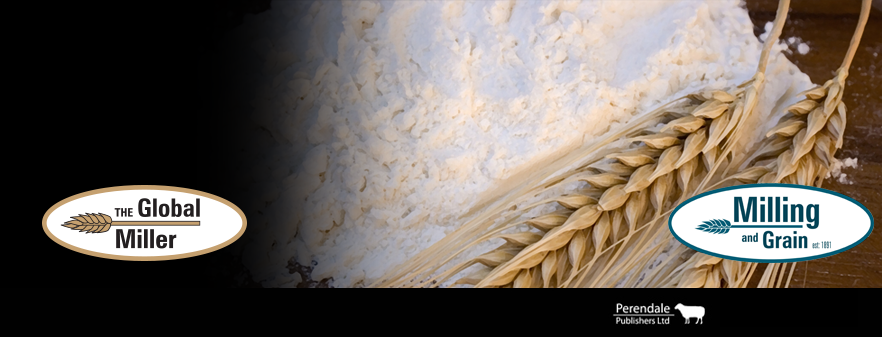VIV Asia 2019 has an outstanding lineup this edition and it is opening in less than two weeks, on March 13th in Bangkok, Thailand. This edition of the show is bound to give your business a big boost in some of the most interesting markets of the world. There is a lot to see and learn:
• 1250 exhibitors from 60 countries: top suppliers from Feed to Food!
• 83 seminar and conference sessions on key topics
• 184 speakers from all over the world
A big opportunity to join the top feed-to-food, animal husbandry network in Asia! Plan now your trip to the beautiful city of Bangkok.
Entry to the show is free, to secure your badge register, HERE.
For more information on the show, visit the VIV Asia website, HERE.
• 1250 exhibitors from 60 countries: top suppliers from Feed to Food!
• 83 seminar and conference sessions on key topics
• 184 speakers from all over the world
A big opportunity to join the top feed-to-food, animal husbandry network in Asia! Plan now your trip to the beautiful city of Bangkok.
Entry to the show is free, to secure your badge register, HERE.
For more information on the show, visit the VIV Asia website, HERE.
The Global Miller
This blog is maintained by The Global Miller staff and is supported by the magazine Milling and Grain
which is published by Perendale Publishers Limited.
For additional daily news from milling around the world: global-milling.com


















